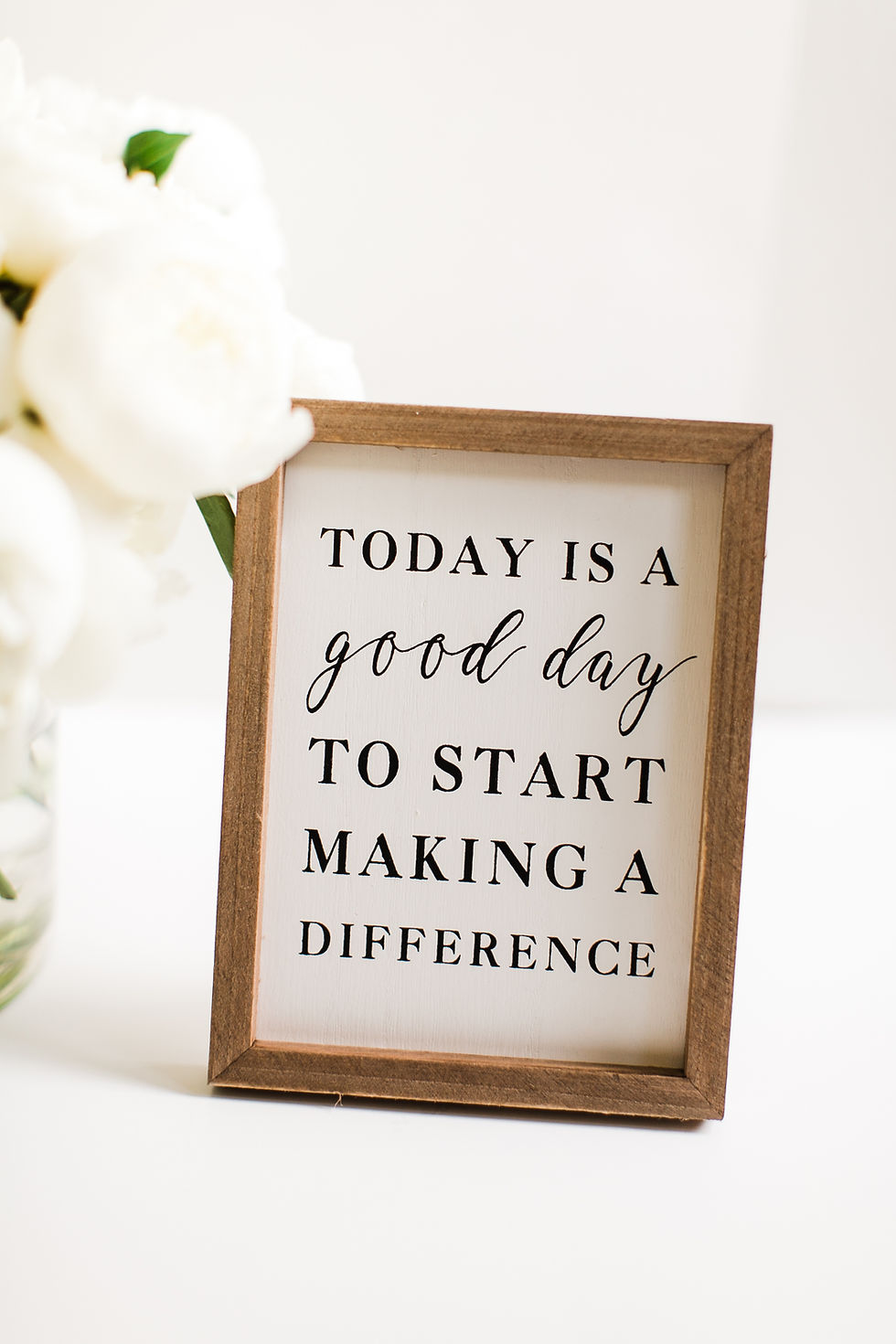Walking Through Grief with Your Teen: What It Looks Like & How to Support Them
- pinkraccooncompany
- Oct 13, 2025
- 4 min read

Losing a parent is a wound that doesn’t heal the same way as other loss. It doesn't seem to ever close, and when it re-opens, it can even challenge you in new ways. For a teen, grief often shows up in flickers — sudden silence, frustration, withdrawal, or bursts of emotion. As the surviving parent (or caregiver), you may feel both inadequate and fiercely protective. Somewhere in the middle is the work: holding space, speaking truth, and walking alongside them — not ahead, not away.
Here’s how you can lean in during various phases of grief — and also a look at how ComfortZoneCamp helps children carry grief while learning to live and grow.
The Phases (or Waves) of Grief in Teens
(Grief doesn’t come in clear phases, but these patterns can help you recognize where your child might be.)
1. Shock, Numbness, Disbelief
Right after the loss, many teens react with a kind of emotional “shutdown.” They might seem distant, avoid conversations, or even pretend it didn’t happen. This is partly their mind’s defense — a buffer against overwhelming pain.
What you can do:
Give them space (without withdrawing yourself).
Use gentle check-ins (“I’m here when you want to talk”).
Provide small routines and anchors (meals, bedtime rituals) to restore a sense of safety.
2. Anger, Questioning, Blame
As the reality sinks in, frustration often follows. Your teen might ask why, feel cheated, or lash out in anger at you, themselves, or even the person who died.
What you can do:
Resist defending or fixing. Listen.
Let them express anger (in safe ways).
Say: “I don’t have all the answers. I’m trying to go through this with you.”
Normalize the question, “Why?" That’s part of grief.
3. Yearning & Sadness
This phase can feel like an ache that doesn’t go away — longing for voice, touch, presence. For teens, it can trigger waves of emptiness, especially during milestones (“He should’ve seen your graduation…”) or triggers (songs, movies, birthdays).
What you can do:
Invite them to create rituals (writing, lighting a candle, memory boxes).
Bring out old photos, share favorite stories.
Let them cry. Let them pause. Be present.
Don’t rush them forward. Healing doesn’t mean forgetting.
4. Integration & Growth
Over time (months, years) grief becomes part of them. The sharp edges soften. They begin to carry both love and loss. For some, grief becomes a source of renewed empathy, resilience, or purpose. It's been 10 years since my daughter lost her dad to alcoholism. Her memories are through photos and videos. There's still blame that things could have been different and he'd still be here and be sober.
What you can do:
Encourage outlets: art, journaling, raising awareness, helping others.
Support friendships with others who’ve experienced loss.
Allow them to define their grief journey — no timeline, no prescription.
And, yes: Let them be a teen — with joy, with future dreams, with space to explore who they are beyond this loss.
What You Also Need as the Surviving Parent
Acknowledge your own grief — teens need to see you also grieving (in healthy ways).
Model vulnerability — “I cry sometimes, too. It’s okay.”
Seek support — a counselor, support group, trusted friend.
Be patient — Some days are steps backward. It’s okay not to “be strong.”
Stay consistent — rituals, reminders, presence matter far more than grand gestures.
What Our Family Has Used: ComfortZoneCamp
ComfortZoneCamp (CZC) is a nonprofit organization that offers free overnight camps and grief support for children and teens ages 7–17 (and programs for young adults up to 25).
Kids participate in typical camp activities (games, challenge courses, crafts, bonfires) while also participating in age-based support groups (“Healing Circles”) guided by mental health professionals who volunteer their weekends and come back year after year. Each camper is also matched with a Big Buddy — an adult mentor who offers encouragement and companionship throughout the weekend. My daughter has been going since she was seven, and she's had the same buddy for 6 years! She supports my daughter in different ways when not at camp - stopping by for her birthday, coming to a lacrosse game, and being my back up when I need someone else to talk to her. That's not the expectation, but it's been a beautiful gift for us!
It's hard to get older kids to attend for their first time because it feels weird - I don't want to go and cry for a weekend. But that's only a small part of the weekend, and getting to spend time with kids their age (it's about 6-10 kids in each group) who have been through similar situations... their bonds are quick and intense.
The kids come away with coping skills, maybe someone new to talk to, and some new joy-filled memories.
CZC is based in Virginia, with camps all over the country (and growing) - but if there's no location near you, they offer virtual sessions as well. Learn more about ComfortZoneCamp.




Comments